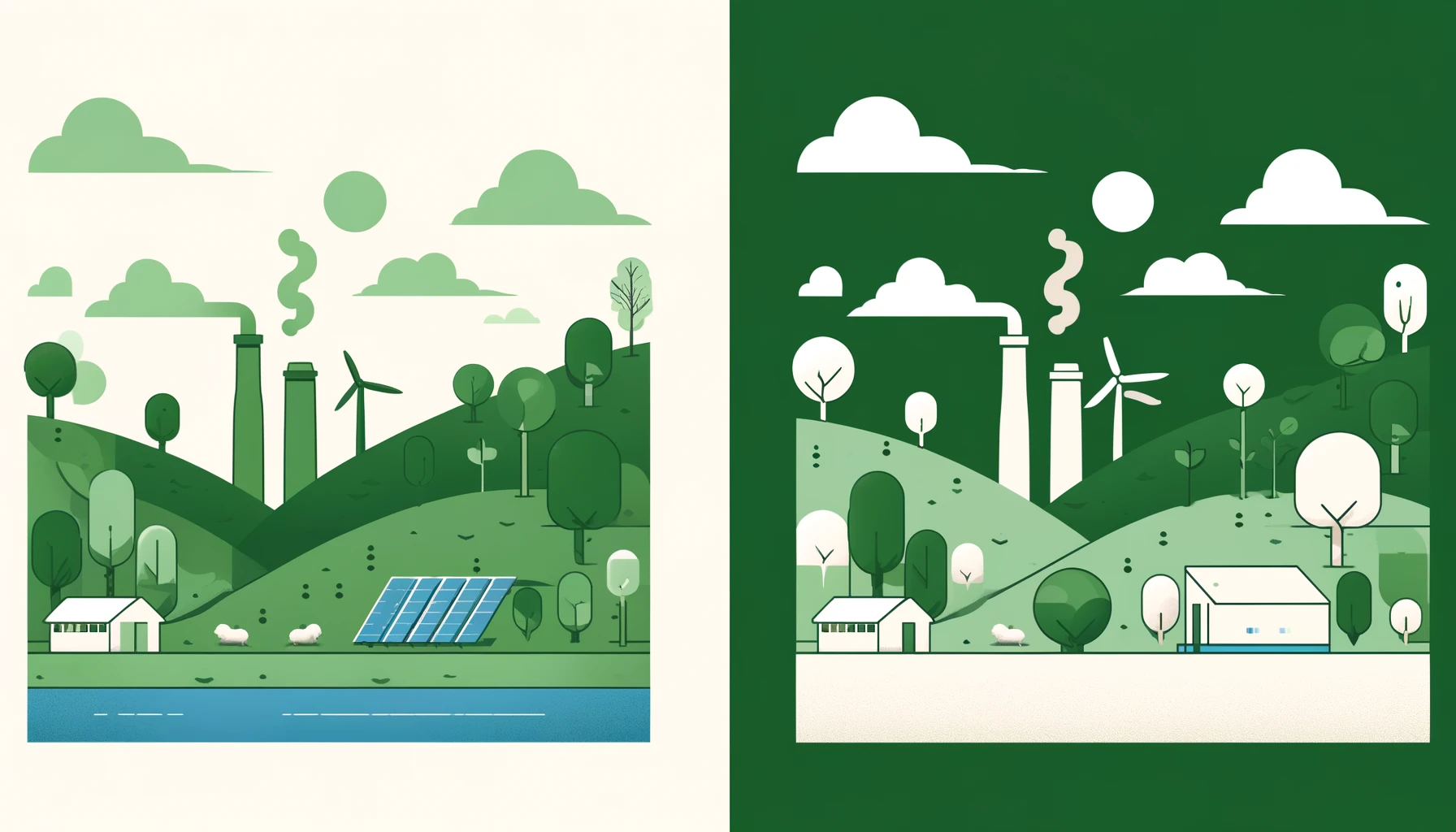A Finnish biotech startup, innovatively leveraging ancient culinary heritage, is poised to revolutionize the food industry with a rediscovered mycoprotein.
Bringing Forgotten Mycoprotein to the Modern Table
Who: The Finnish biotech startup at the center of this innovation is rooted in Helsinki, spearheaded by a team of scientists and food technology experts.
What: The startup has resurrected a long-forgotten mycoprotein, a high-protein fungal ingredient, bringing it back to modern cuisine.
Where: Operating from their cutting-edge facilities in Finland, the company plans to distribute globally, with an initial focus on European and North American markets.
When: The company’s breakthrough was publicly unveiled in May 2024, marking the beginning of their commercial rollout later this year.
Why: The motivation behind this revival is twofold: to provide a sustainable, nutritious alternative to traditional protein sources, and to explore the rich potential of fungi-based food products that have been overlooked for centuries.
How: Through advanced biotechnological processes, the startup has successfully cultivated and optimized the mycoprotein for contemporary consumption, ensuring it meets modern dietary and ecological standards.
The Context and Background of Mycoprotein’s Revival
Mycoprotein, derived from fungi, is known for its high protein content and low environmental impact. Historically, various cultures have utilized fungi for their nutritional benefits, but the specific strain rediscovered by this Finnish startup was lost to time. With the current global focus on sustainable and alternative proteins, the reintroduction of mycoprotein is particularly timely.

The biotech team conducted extensive research to isolate and cultivate this unique strain, which offers a complete protein profile, rich in essential amino acids. Unlike animal protein, mycoprotein production requires significantly less water and land, and emits fewer greenhouse gases, aligning with global sustainability goals.

The startup’s innovative approach combines traditional knowledge with modern technology. By using fermentation, a process known for producing flavorful and nutritious food, they have developed a scalable method to produce mycoprotein efficiently.

The Impact and Potential of Mycoprotein
From my point of view, the reintroduction of mycoprotein is a significant advancement in the food technology sector. This development holds promise not only for consumers seeking healthier dietary options but also for the environment.
Pros:
- Nutritional Value: Mycoprotein offers a robust nutritional profile, providing a high-protein, low-fat alternative to meat and other plant-based proteins.
- Sustainability: The environmental benefits of mycoprotein production are substantial. It requires fewer resources and generates less pollution, making it a greener choice.
- Innovation: This project showcases the potential of biotechnology to solve modern food challenges by tapping into ancient wisdom.
Cons:
- Consumer Acceptance: As with any new food product, gaining consumer trust and acceptance can be challenging. Education about the benefits and uses of mycoprotein will be crucial.
- Market Competition: The plant-based protein market is already competitive, with numerous well-established brands. Breaking into this market requires significant effort and differentiation.
- Regulatory Hurdles: Navigating food safety and regulatory approvals can be complex and time-consuming, potentially delaying widespread availability.
As I see it, the Finnish startup’s initiative exemplifies how innovation can bridge the gap between tradition and modernity. By revisiting and refining historical food sources with today’s technology, we can address contemporary issues such as food security and environmental sustainability. If successful, this mycoprotein could become a staple in diets worldwide, offering a healthy, sustainable alternative to conventional protein sources.
In conclusion, the revival of mycoprotein by this Finnish biotech startup is a testament to the endless possibilities within the realm of food science. It underscores the importance of looking to the past for solutions to current problems, blending the old with the new to create a brighter, more sustainable future.






